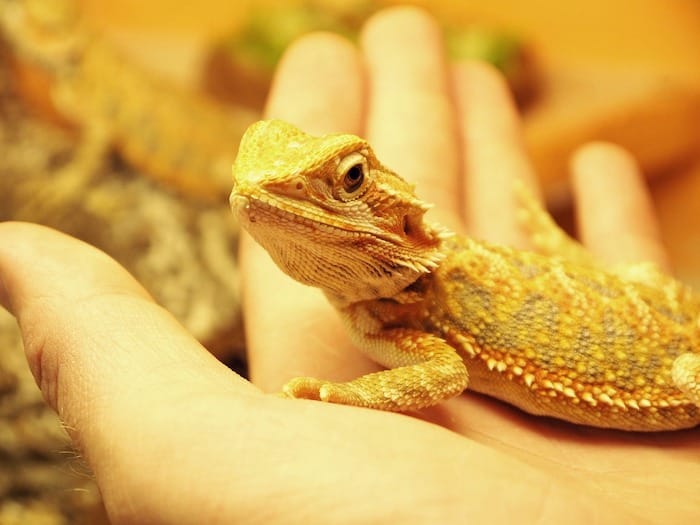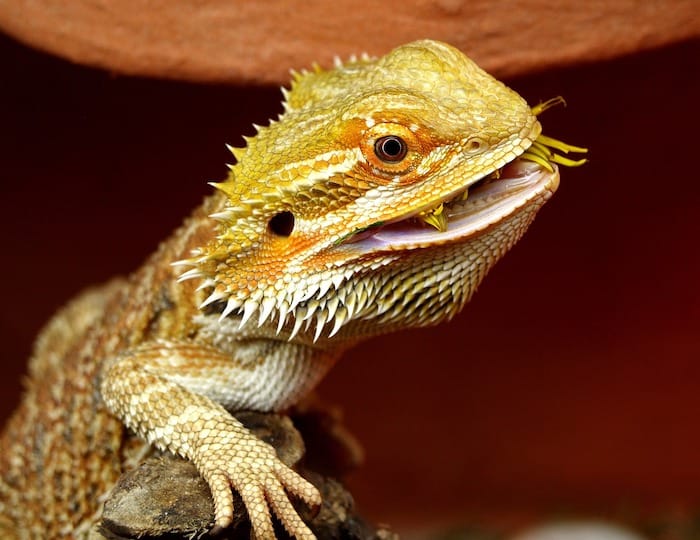Many people in the fabled world of dragons are curious about what these magnificent beasts like to eat. It is common to hear queries like, “Can Bearded Dragons Eat?” or “Can dragons eat fruits?” Some people even wonder if dragons eat leaves or worms for food. We humans too go through our struggles and wounds, whether they be physical or emotional, just like in the world of fiction. And in both cases, using foods that are restorative to the body and aid in its recuperation is frequently part of the road to recovery.
This blog article will examine the idea of “Healing Foods for Wounded Dragons,” making comparisons between ourselves and the fantastical beasts. We’ll go into the topic of nutrition and talk about how particular meals can be essential for promoting the healing process. Let’s go out on this adventure to learn about the foods that can help us recover and get stronger, exactly like the mythical dragons.

The Healing Power of Bone Broth
Dragons are renowned for their fortitude and capacity to bounce back from even the most serious wounds. Bone broth eating is one of the secrets to their quick recovery. Similar to this, bone broth is becoming increasingly popular among health enthusiasts due to its high nutrient content and potential therapeutic benefits.
Collagen, vital amino acids, and minerals found in bone broth enhance tissue mending, support joint health, and reduce inflammation. A mainstay in the diet of injured dragons and people on the road to recovery, this nutritive elixir can aid humans in recuperating from illnesses and injuries as well.
Berries: Antioxidant Powerhouses
In the world of dragons, berries with extraordinary healing properties, like the fictitious dragon berries, are frequently used by dragons. Can Bearded Dragons Eat Cucumbers? In our culture, fruit with high antioxidant content—like blueberries, strawberries, and raspberries—are prized.
To reduce oxidative stress and inflammation in the body, antioxidants are essential. They support the healing process and aid in cell damage prevention. Including a variety of berries in your diet can be a delicious way to increase your intake of antioxidants and foster recovery.
Leafy Greens: Nourishing the Body
Dragons are renowned for their strength, and a large portion of this strength can be attributed to their diet, which is rich in leafy green vegetables. Similar to animals, people can gain a lot from eating leafy greens like kale, spinach, and Swiss chard.
These vegetables are full of phytonutrients, vitamins, and minerals that promote overall health and speed up the healing process. Vitamin K, which is vital for bone health, and magnesium, which supports muscle function, are two elements found in leafy greens.
Salmon: Omega-3 Fatty Acids for Inflammation
Many dragons often consume salmon, and for good reason. These animals are aware of the value of omega-3 fatty acids, which salmon is a good source of. Because of their anti-inflammatory qualities, omega-3 fatty acids can be especially helpful for those who are healing from injuries or managing chronic diseases.
Salmon consumption among people can lessen inflammation, improve heart health, and aid in the healing process. Salmon is a versatile and delectable alternative for individuals looking to maximize the benefits of omega-3 fatty acids, whether it is grilled, baked, or smoked.
Turmeric: Nature’s Anti-Inflammatory
The powerful healing powers of turmeric have long been known to dragons. Curcumin, a substance recognized for its antioxidant and anti-inflammatory properties, is a component of this golden spice. Turmeric has become more well-known in our society for its potential health advantages.
Including turmeric in your diet can help reduce inflammation and promote the healing process, whether it be in the form of pills, teas, or curries. It’s a useful supplement to the diet of injured people and dragons alike because it’s a natural approach to deal with pain and suffering.
Garlic: Immune-Boosting Power
Garlic is regarded as a strong ally in the dragon world during illness or injury. Since ancient times, garlic has been praised for its ability to strengthen the immune system, and it has a long history of supporting healing.
Allicin is one of the chemicals in garlic that has antibacterial and immune-boosting properties. Garlic not only adds flavor to food, but it also gives your body the nutrients it needs to fight off illnesses and aid in healing.
Ginger: Soothing and Anti-Nausea
Dragons frequently use ginger for its calming effects, particularly when recovering from injuries or treating illnesses. Ginger has a long history of use in the human world for its anti-inflammatory and anti-nausea properties.
Ginger can be taken as a supplement, added to food, or ingested as tea to help with nausea relief, reduce inflammation, and speed up the healing process. It is a flexible and natural therapy that can offer solace and support during the healing process.

Conclusion
The idea of “Healing Foods for Wounded Dragons” remains true in both myth and reality. Humans can get advantages from a smart and nutritious diet, much as dragons do, who depend on certain foods to help their recovery and regain their power.
In addition to being scrumptious, the healing foods mentioned in this blog post, such as bone broth, berries, leafy greens, salmon, turmeric, garlic, and ginger, also have a number of health advantages. Including these foods in your diet can be a significant step toward healing and resilience, whether you’re battling an illness or injury, managing a chronic condition, or just trying to be healthy overall.
